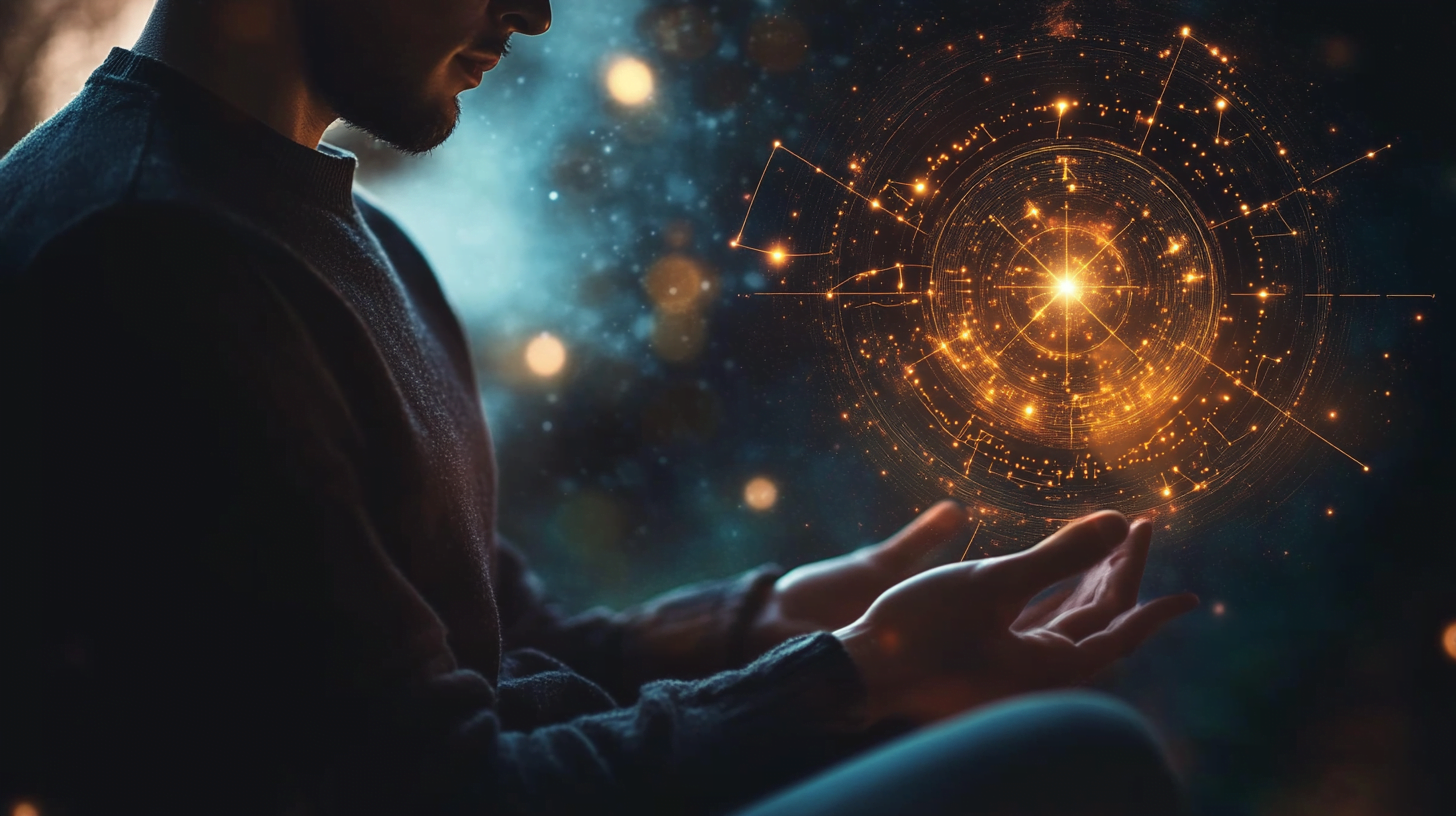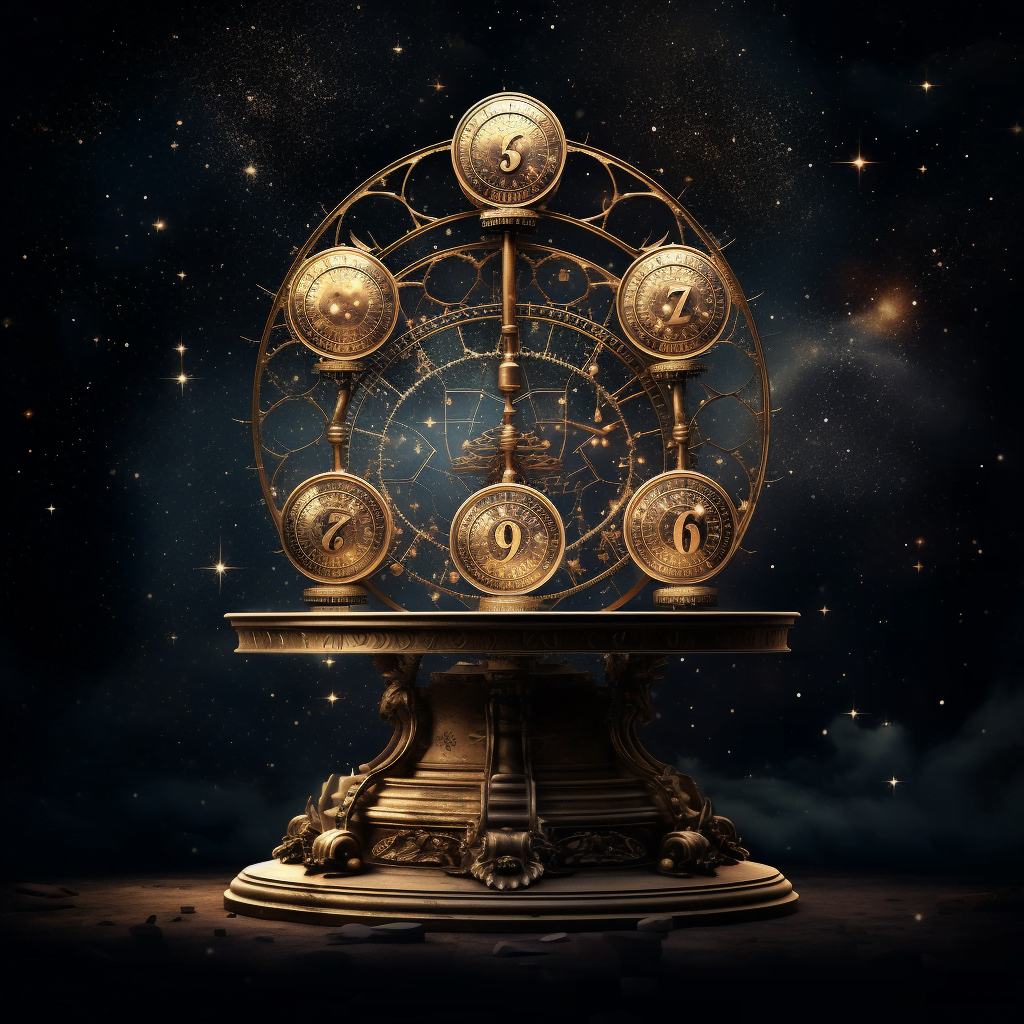As I immerse myself in the analysis of the psychological intricacies surrounding the realm of astrology, a fascinating correlation emerges: individuals who subscribe to the beliefs of astrology may be more prone to displaying narcissistic tendencies. The age-old practice of astrology, inherently intertwined with the concept of the zodiac, has attracted devoted followers throughout history. This article endeavors to shed light upon the intriguing connection that exists between those who have faith in astrology and the presence of narcissistic traits within their personalities. Through rigorous examination and scrutiny, various facets of this relationship will be explored, ultimately providing a nuanced understanding of the link between astrology believers and narcissism.
The Link Between Astrology Believers and Narcissism
Understanding Astrology and Narcissism
Astrology, a belief system based on the correlation between celestial events and human behavior, has been a part of human culture for centuries. People who believe in astrology often turn to it for guidance and self-discovery. On the other hand, narcissism refers to an exaggerated sense of self-importance, a constant need for admiration, and a lack of empathy for others. The question arises: is there a connection between astrology believers and narcissism?
Exploring the Traits of Narcissism
To understand the link between astrology believers and narcissism, it is crucial to delve into the traits associated with narcissism. Narcissistic Personality Disorder (NPD) is a psychological condition characterized by an excessive preoccupation with one’s own interests, a sense of entitlement, and a lack of empathy. Key characteristics of narcissistic individuals include grandiosity, a constant need for admiration, a sense of superiority, and a lack of consideration for others.
While these traits may seem negative, it is important to acknowledge that narcissism exists on a continuum. In its milder forms, narcissism can actually have positive aspects such as high self-confidence, charisma, and leadership qualities. However, when these traits become too extreme and impair daily functioning, they can have detrimental effects on one’s relationships and overall well-being.
Belief in Astrology and its Connection to Narcissism
The popularity of astrology and its followers suggest that there might be a connection between astrology belief and narcissism. Studies have found that astrology believers tend to exhibit certain personality traits that overlap with narcissistic tendencies. These traits include a desire for special treatment, a need for recognition, and a sense of entitlement. Additionally, astrology believers may view their zodiac signs as a form of self-importance and personal identity, contributing to a potential association with narcissism.
However, it is worth noting that correlation does not necessarily imply causation. While there may be a link between astrology believers and narcissism, it is essential to consider alternative explanations and conduct rigorous research to establish a concrete connection.
Research Studies on Astrology and Narcissism
Scientific studies examining the link between astrology belief and narcissism have been conducted to shed light on this complex relationship. Correlational studies have investigated the association between astrology belief and narcissism by measuring personality traits and beliefs. Experimental studies have explored the effects of astrology readings on individuals’ self-perception and behavior. Surveys and questionnaires have been used to gather data on individuals’ beliefs in astrology and their levels of narcissistic traits.
However, existing studies on this topic have limitations that need to be addressed. Some studies rely on self-report measures, which can be subject to biases and inaccuracies. Additionally, the generalizability of findings may be limited due to sample demographics and cultural factors.
Cultural Factors Influencing Astrology and Narcissism
The cultural acceptance and influence of astrology play a significant role in shaping individuals’ beliefs and behaviors. In many societies, astrology is considered a legitimate form of knowledge and is often endorsed by influential figures. The widespread availability of astrology content through various media platforms, including social media, further contributes to its popularity.
Moreover, societal factors can shape narcissistic traits in individuals. Cultural values that prioritize self-promotion and individual success may encourage narcissistic tendencies. Social media platforms provide a breeding ground for self-promotion and validation, amplifying narcissistic behaviors among individuals.
Psychological Explanations for the Link
Psychological theories offer potential explanations for the association between astrology belief and narcissism. The psychodynamic perspective suggests that astrology serves as a projection for individuals with narcissistic tendencies. By attributing personal qualities and experiences to their zodiac sign, individuals can maintain a sense of superiority and justify their behaviors.
Furthermore, low self-esteem and the need for external validation are closely linked to narcissism. Believing in astrology may provide individuals with a sense of belonging and significance while bolstering their self-esteem. The concept of astrology as a form of self-identification and self-affirmation may be particularly appealing to individuals with narcissistic traits.
Psychological Mechanisms behind Astrology and Narcissism
Several psychological mechanisms may contribute to the link between astrology belief and narcissism. Selective perception and confirmation bias play significant roles as individuals tend to perceive astrology-related information that validates their beliefs while disregarding contradictory evidence. This bias reinforces their sense of superiority and the accuracy of their astrological readings.
Self-serving biases also contribute to the connection between astrology belief and narcissism. Individuals may interpret ambiguous or general statements from astrology readings as highly personalized and accurate descriptions of themselves. This biased interpretation reinforces their inflated self-image and self-importance.
Perceived personal significance and grandiosity can also contribute to the connection between astrology belief and narcissism. By attributing important life events or personality traits to their zodiac signs, individuals enhance their feelings of uniqueness and grandiosity.
Projection and identification, two defense mechanisms commonly observed in narcissistic individuals, can also play a role. Astrology may provide a platform for individuals to project their own qualities and desires onto their zodiac signs, reinforcing their sense of self and uniqueness. Additionally, individuals may identify with certain characteristics associated with their zodiac sign, further enhancing their self-perception and self-importance.
Validation and reinforcement are essential psychological mechanisms underlying the association between astrology belief and narcissism. Positive feedback from astrology readings and the validation of one’s personality traits reinforce individuals’ beliefs and enhance their self-esteem.
The Role of Confirmation Bias
Confirmation bias plays a significant role in the connection between astrology belief and narcissism. Individuals who believe in astrology tend to actively seek out information that confirms their preconceived notions about themselves and their zodiac signs. They may interpret ambiguous or general astrology readings as highly personalized and accurate representations of their personalities or life events.
Additionally, astrology readings often provide general statements that can be interpreted in various ways. Individuals with confirmation bias are more likely to focus on aspects of the reading that align with their self-perception and disregard or downplay contradictory information. This biased interpretation contributes to the reinforcement of astrology beliefs and the perpetuation of narcissistic tendencies.
Alternative Explanations
While astrology belief and narcissism may be correlated, alternative explanations should be considered. Other personality traits, such as openness to experience or a desire for self-reflection, could also influence belief in astrology. Cultural and social factors, as well as personal experiences, may contribute to individuals’ propensity to believe in astrology without necessarily indicating narcissistic tendencies.
Furthermore, the correlation between astrology belief and narcissism does not suggest a cause-and-effect relationship. It is essential to conduct further research to determine whether astrology belief leads to narcissism or if narcissism predisposes individuals to believe in astrology.
Criticism and Debunking of Astrology
Throughout history, astrology has faced scientific criticism and skepticism. Scientists argue that astrology lacks empirical evidence and does not align with the basic principles of scientific inquiry. The concepts of astrology, such as zodiac signs and horoscope predictions, remain largely subjective and do not withstand rigorous scientific scrutiny.
Cold reading, a technique used by astrologers, psychics, and fortune tellers, involves making general statements that appear highly personalized. However, these statements rely on subjective interpretation rather than genuine insight. The subjective nature of astrology readings makes them susceptible to the Forer Effect, which refers to individuals’ tendency to accept vague or general statements as accurate descriptions of themselves.
It is important to distinguish between astrology and astronomy, as they are distinct disciplines. Astronomy is a scientific field that focuses on the study of celestial objects and their physical properties. In contrast, astrology relies on beliefs and interpretations that lack scientific basis and empirical evidence.
Conclusion
The link between astrology believers and narcissism remains a complex and multifaceted topic. While research suggests a correlation between the two, the nature of this relationship and the underlying mechanisms require further investigation. Cultural factors, psychological explanations, and confirmation biases play significant roles in shaping individuals’ beliefs in astrology and their narcissistic tendencies. However, it is crucial to approach this topic with scientific skepticism and take into account alternative explanations. As our understanding of astrology and narcissism deepens, further research could shed more light on this intriguing association.


